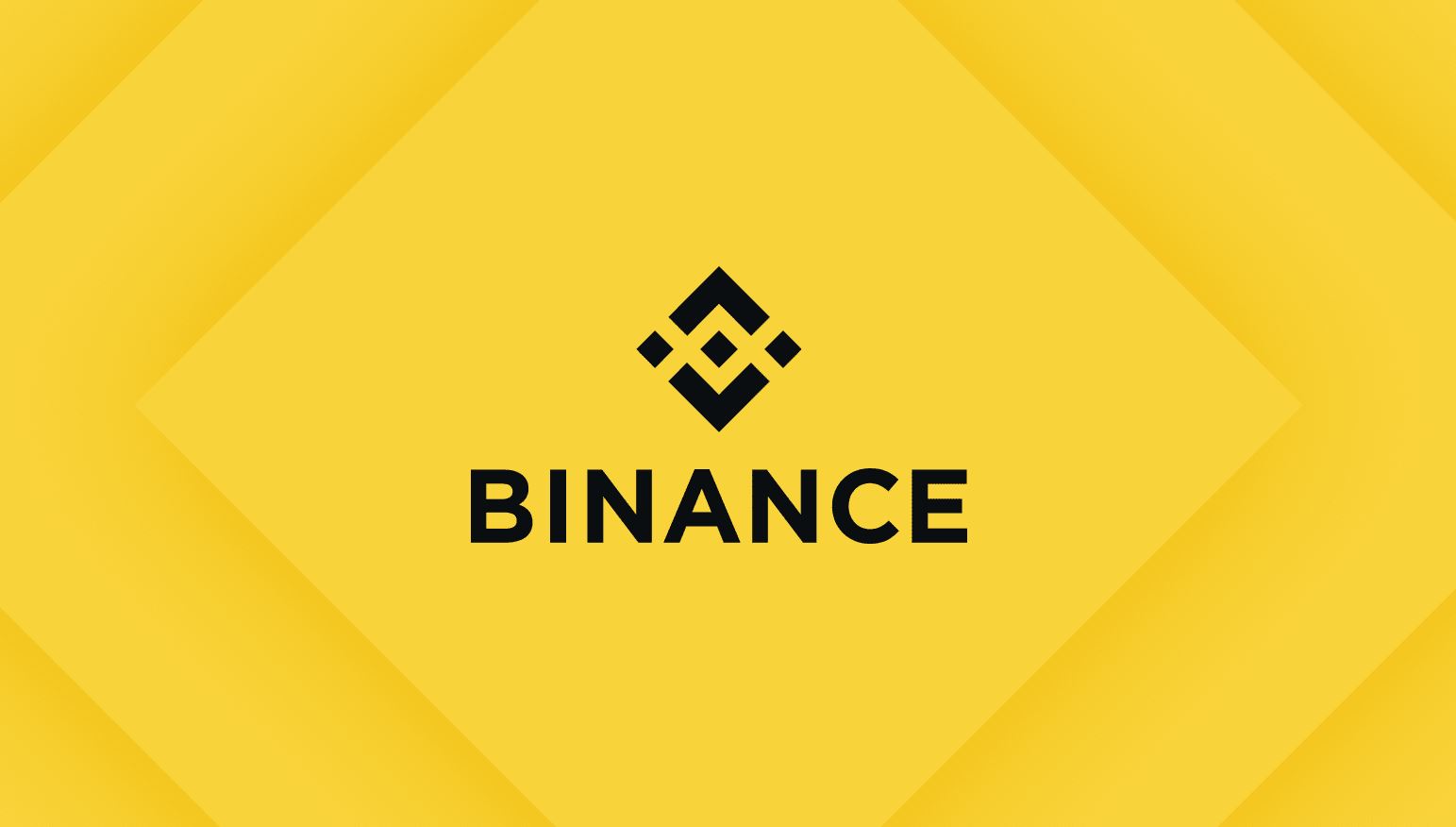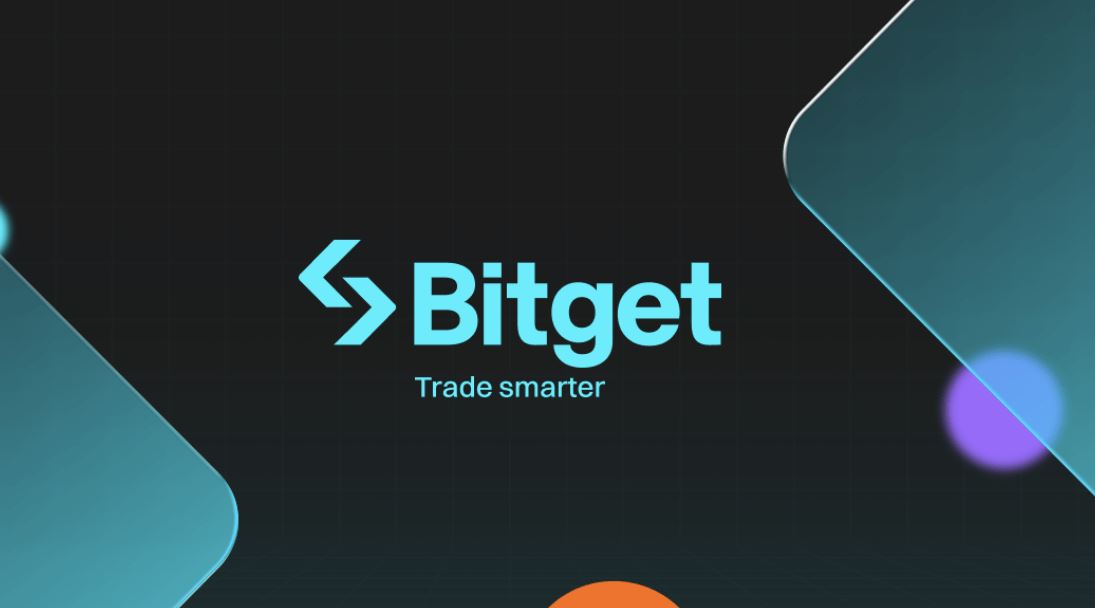Binance vs Bitget Cryptocurrency Exchange Comparison
The cryptocurrency market has seen massive growth, with numerous exchanges offering various features to cater to different types of traders. Among the top contenders are Binance and Bitget, both of which have carved out their positions as prominent platforms in the crypto trading world. Whether you’re a beginner or an experienced trader, both platforms offer unique features that can be leveraged for your trading journey. In this article, we’ll compare Binance and Bitget in terms of their key features, trading fees, supported cryptocurrencies, security, and more to help you make an informed decision.
Overview of Binance and Bitget
When deciding between Binance and Bitget, it’s essential to understand the origins and scope of each exchange. Both platforms offer unique features and have solidified their reputations within the cryptocurrency space, catering to different trader profiles. Let’s explore the background and core strengths of both exchanges.
Binance: The Titan of Cryptocurrency Exchanges
Founded in 2017, Binance has grown to become one of the largest and most well-known cryptocurrency exchanges in the world. With over 224 million active users, Binance offers a wide range of services, including spot trading, futures, margin trading, staking, and more. The platform supports more than 500 cryptocurrencies and provides a wealth of trading options, making it an ideal platform for both beginners and advanced traders.
Bitget: A Rising Star in Copy Trading and Derivatives
Bitget, founded in 2018, is a relatively newer player in the market but has already made a significant mark, particularly in copy trading and derivatives trading. With over 20 million active users, Bitget has built a reputation for offering competitive trading fees, an intuitive interface, and strong security features. Although it does not have as many cryptocurrencies as Binance, Bitget offers a solid selection of assets and services tailored for copy traders and those focused on futures trading.
Trading Fees and Features
One of the most crucial factors when choosing an exchange is the trading fees and available features. Both Binance and Bitget have competitive fee structures, but their offerings differ. In this section, we will dive into the specifics of their trading fees and the additional features each platform provides to enhance your trading experience.
Trading Fees
- Binance: Binance offers competitive fees, with trading fees starting at 0.1% for both makers and takers. This rate can be reduced further by using Binance’s native token (BNB) for fee payments. Binance also offers several fee reduction programs based on your trading volume and holding BNB tokens.
- Bitget: Bitget has a slightly lower trading fee for makers at 0.02% and for takers at 0.06%. These fees are very competitive, especially for a platform focusing on derivatives and copy trading. Bitget’s lower fees make it attractive for traders focused on futures and high-volume trades.
Additional Features
- Binance: Binance offers a wide range of advanced features, including DeFi portfolio management, a built-in NFT marketplace, and an expansive range of trading options such as margin trading and futures trading. Binance is a comprehensive platform catering to both new and experienced traders.
- Bitget: Bitget stands out in copy trading, allowing users to follow and copy the trades of professional traders. This feature is perfect for beginner traders or those who prefer a hands-off approach to trading. Additionally, Bitget offers a range of trading bots, staking options, and AI trading functionalities that make it an attractive choice for traders looking for automated solutions.
Supported Cryptocurrencies
The variety of cryptocurrencies available on an exchange can significantly influence your trading options. Binance and Bitget both support a range of assets, but their selection and focus vary. Let’s compare the cryptocurrencies supported by each platform and how that may impact your trades.
Binance: A Vast Array of Digital Assets
Binance supports over 500 cryptocurrencies, including popular options like Bitcoin (BTC), Ethereum (ETH), Litecoin (LTC), and XRP. In addition to major tokens, Binance offers a wide range of altcoins and tokens, providing extensive options for traders interested in exploring various assets.
Bitget: A Focused but Expanding Selection
Bitget supports a more limited range of cryptocurrencies compared to Binance, offering around 500+ assets. While it includes major cryptocurrencies such as BTC, ETH, and USDT, its selection is focused on popular trading pairs for derivatives and futures trading. However, Bitget is continuously expanding its offerings, ensuring a broad selection of assets for its users.
Security Measures
Security is a top priority when dealing with digital assets. Binance and Bitget have implemented robust security features to protect their users. In this section, we’ll review the security measures provided by each exchange to ensure your funds and personal data remain safe.
Binance: Comprehensive Security Features
Binance places a strong emphasis on security, with features such as two-factor authentication (2FA), cold storage for crypto assets, and an insurance fund to protect users in case of a security breach. The platform conducts regular security audits to ensure that users’ funds and data remain protected.
Bitget: Robust Security and Protection
Bitget also offers strong security measures, including 2FA, robust encryption protocols, and cold storage for assets. While newer, Bitget has implemented industry-standard security protocols to safeguard user data and funds. The platform is committed to providing a safe and secure trading environment for its users.
User Interface and Ease of Use
The user experience on an exchange can affect how smoothly you navigate and execute trades. Binance and Bitget offer different levels of complexity in their interfaces. Here, we will compare the ease of use of each platform, highlighting how they cater to both beginners and advanced users.
Binance: Feature-Rich but Complex for Beginners
Binance provides an advanced platform with a wide range of tools, including detailed charts, complex order types, and extensive trading options. While the platform may appear overwhelming to beginners, its functionality and flexibility make it a top choice for experienced traders.
Bitget: Intuitive and User-Friendly for Beginners
Bitget offers a user-friendly interface that is perfect for new traders. The platform’s intuitive design makes it easy for users to navigate and start trading right away. With its focus on copy trading and derivatives, Bitget has optimized its interface for simplicity, making it accessible to all users, regardless of their experience level.
Customer Support
Responsive customer support can make a significant difference when you encounter issues. Both Binance and Bitget offer 24/7 support, but their efficiency and availability vary. Let’s examine how well each platform handles customer service and how users rate their support teams.
Binance: 24/7 Support with Room for Improvement
Binance offers customer support through live chat, email, and its ticketing system. While the support team is available around the clock, some users have reported delays in response times during peak hours, which can be frustrating for those needing immediate assistance.
Bitget: Quick and Efficient Customer Service
Bitget offers efficient and quick customer support, available 24/7 via live chat. Users report that the support team is responsive and helpful, making Bitget a great option for traders who require timely assistance.
Payment Methods
A platform’s payment methods influence how easily you can deposit and withdraw funds. Binance supports a broad array of payment options, whereas Bitget offers a more limited selection. This section will discuss the payment methods available on both platforms, helping you decide which best suits your needs.
Binance: Wide Range of Payment Methods
Binance supports multiple payment methods, including MasterCard, wire transfers, and credit card payments. This gives users plenty of options for depositing and withdrawing funds, including a wide range of fiat currencies.
Bitget: Limited Fiat Deposit Options
Bitget also supports payments through MasterCard, wire transfers, and credit card payments. However, it has fewer fiat deposit options compared to Binance, which could be a limitation for some traders who prefer more flexibility when depositing funds.
Pros and Cons
Every platform has its strengths and weaknesses. To help you make a well-rounded decision, we’ll summarize the main pros and cons of Binance and Bitget. This section will give you a clearer picture of what each platform excels at and where they may fall short.
Binance Pros and Cons
Pros:
Supports over 500 cryptocurrencies
Advanced features such as DeFi and NFT marketplace
Two-factor authentication (2FA) and strong security
Extensive fiat-to-crypto acquisitions
Cons:
Reports of mediocre customer support
Platform complexity may be overwhelming for beginners
Bitget Pros and Cons
Pros:
Low trading fees, especially for futures
Excellent for copy trading and automated trading bots
Strong security features
Cons:
Limited fiat deposit options
Not available in some regions, including the U.S.
Pricing and Withdrawal Fees
How much you pay in fees when withdrawing funds and making trades is a critical consideration. This section will break down the pricing and withdrawal fees for both Binance and Bitget, allowing you to assess their cost-effectiveness for your trading activities.
Binance: Competitive Fees for High-Volume Traders
Binance charges a withdrawal fee of 0.0001 BTC, and trading fees can go up to 0.1%. The platform offers a competitive fee structure, particularly for high-volume traders. The option to reduce fees through the use of BNB (Binance Coin) further enhances its affordability.
Bitget: Competitive Trading and Withdrawal Fees
Bitget charges maker fees at 0.02% for spot trading and 0.06% for taker fees. The platform offers competitive withdrawal and trading fees, making it appealing for traders who focus on derivatives and copy trading.
Final Verdict: Which Exchange is Better?
After evaluating all aspects of both platforms, it’s time to compare them based on your specific needs. In this final section, we’ll provide a conclusive comparison to help you determine which exchange, Binance or Bitget, is the better fit for your trading goals.
Binance: Best for Advanced Traders and Feature Seekers
Binance is ideal for advanced traders who require a broad range of trading tools, such as futures, margin trading, and DeFi services. Its extensive cryptocurrency selection, strong security measures, and low fees make it a top choice for experienced traders.
Bitget: Perfect for Copy Traders and Beginners
Bitget is a great platform for beginner traders and those who want to engage in copy trading. With its user-friendly interface, low fees, and strong focus on derivatives and automated trading, Bitget is well-suited for traders looking for a simple, versatile trading experience.
Conclusion
Both Binance and Bitget offer exceptional services, but they cater to different types of traders. Binance is best for advanced traders and those seeking a comprehensive trading platform, while Bitget shines in copy trading and derivative-focused solutions. Your choice will ultimately depend on your trading style, goals, and experience level.
See Full Comparison



